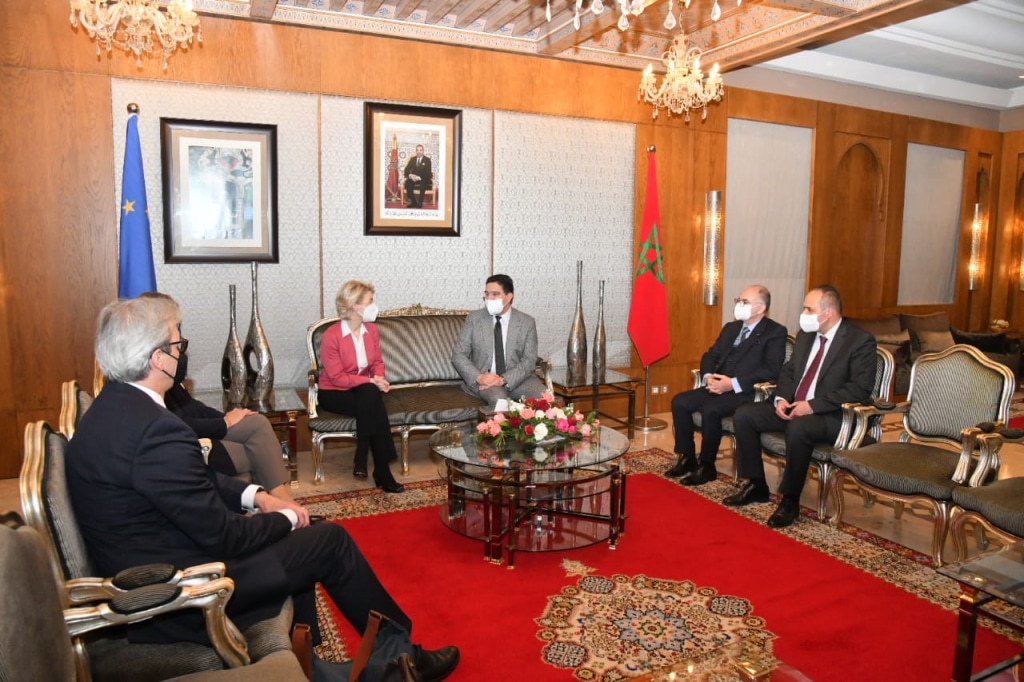Morocco wants to reduce its greenhouse gas (GHG) emissions by 45.5% by 2030, by increasing the share of renewable energy by 52% by 2025. In order to achieve this more safely, the authorities of this North African kingdom have just signed a new partnership with the European Union (EU) to finance the energy transition.
This EU investment worth €1.6 billion (nearly 18 billion Moroccan dirhams) over five years is part of the “Global Gateway”. This program aims to mobilize 300 billion euros over the period 2021-2027 for sustainable projects in the field of infrastructure, digital and climate between the EU and its partners.
The effort to diversify the electricity mix in Morocco
“Morocco is a country with which we have built a strategic, close and solid partnership. The funds of the “Global Gateway” come from the European Union’s own resources (18 billion euros of subsidies), funding granted by the 27 Member States, as well as funds from European financial institutions (145 billion euros of investments) and national development institutions (135 billion euros), supported by private investments,” explains Ursula von der Leyen, President of the European Commission.
In another partnership signed in 2020, the EU has granted 21 million euros for renewable energy and energy efficiency in Morocco. This grant through the European Bank for Reconstruction and Development (EBRD) has enabled local companies to invest in green technologies while reducing their operating costs, implementing climate adaptation measures and energy efficient technologies.
Read also-MOROCCO: IRESEN is building a renewable energy centre in Benguerir
Currently, Morocco has an installed capacity of 10,627 MW, 36.8% of which is generated from renewable sources according to the Office national de l’électricité et de l’eau potable (ONEE). The kingdom’s electricity mix is still dominated by hydrocarbons, with a 52% share, according to an opinion of the Economic, Social and Environmental Council (CESE) on the energy transition published in July 2020. However, Morocco is counting on independent power producers (IPPs), particularly European ones, to increase its installed capacity and the share of renewable energy in its electricity mix. Several IPPs are already investing in Morocco, including France’s EDF Renouvelables, the subsidiary of Electricité de France (EDF), in the Noor solar complex.
Benoit-Ivan Wansi
